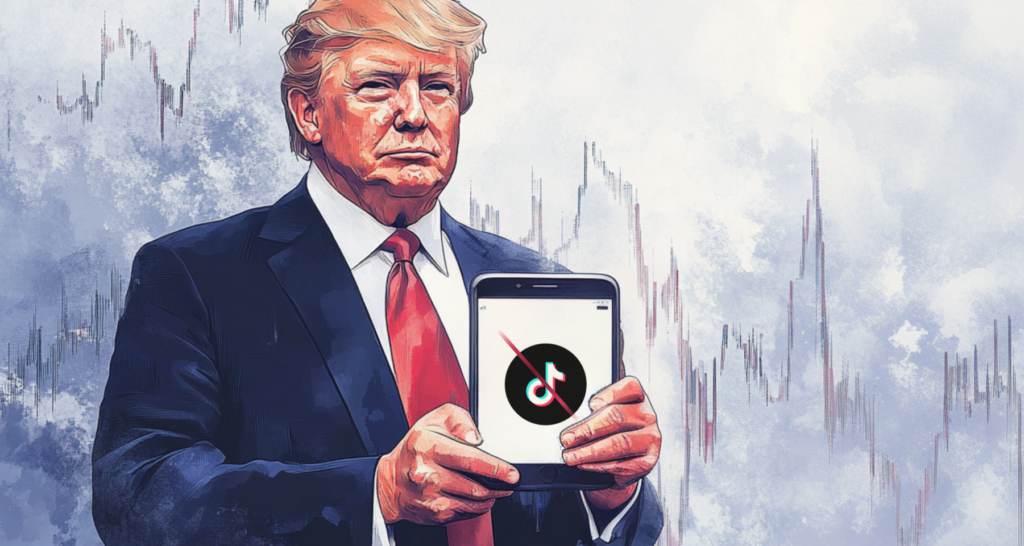Virtual Influencers: The Next Big Thing in China?

Sophisticated automated digital avatars of influencers are gradually becoming an indispensable component of China’s online marketing and e-commerce landscape.
On this page
The dynamic evolution of e-commerce in China has increased online purchases and intensified competition among producers and retailers. Firms are forced to employ innovative marketing strategies, in particular, recruiting live-streaming sellers. These prominent bloggers broadcast live to showcase, promote, and sell a myriad of products to audiences, aiming to provide unique content.
For example, the total value of products sold through influencers last year amounted to $4.6 trillion, with the sales record held by “the lipstick king,” Li Jiaqi. He once sold products worth $1.8 billion in just twelve hours. Typically, live streams by these influencers are extensive and are featured on local commercial platforms such as Taobao, Baidu, or Douyin. The viewership of such videos can sometimes surpass 500 million.
Li Jiaqi with his range of lipsticks. Source: Getty Images.
However, as technology evolves, digital avatars, specifically created to replicate the appearance, voice, and even the unique gestures of popular bloggers, have begun to play a crucial role in marketing campaigns. This trend toward automation is driven by a desire to curtail significant financial and temporal expenses associated with the training and promotion of new influencers.
These avatars don’t have demands or complaints, they don’t need breaks or days off. Moreover, creating such automated doppelgängers costs around $1,000, including an annual service fee. It's important to mention that this technology has existed for a considerable time. Some internet users utilize it to create content that is inappropriate, deceptive, political, or satirical, and film industry professionals use it for rejuvenating or “reviving” actors.
However, as time passes, the execution of this technology is becoming increasingly refined and available. This has captured the interest of retail companies. Three years ago, the company Silicon Intelligence, which specializes in developing digital avatars, could create comprehensive virtual doubles using a 30-minute video for model training. Now, this process takes merely one minute, and if clients wish to enhance functionalities to portray a more vivid image (for instance, engaging with customers in real time), it requires an additional few thousand dollars.
Demonstration of digital avatars from Xiaoice and Silicon Intelligence. Source: MIT Technology Review Official Website.
Avatars are not yet capable of fully replacing renowned influencers, but their impact on the job market is becoming increasingly evident. Many budding influencers have lost a significant number of advertising collaborations and are now confined to primarily voicing over texts, evaluating products, and editing scripted scenarios. According to iiMedia Research Group, Chinese companies have reduced new hires, and average wages have seen a 20% decrease compared to the previous year.
We want to make sure the spoken language and the body language are matching. You don’t want it to be talking about the Follow button while it’s clapping its hands. That would look weird,
asserts Huang Wei, the director of virtual influencer livestreaming business at the Xiaoice.
Businesses are perpetually in pursuit of optimizing their expenses. Chen Dan, the CEO of Quantum Planet AI, mentions that a phrase symbolizing ‘cost reduction and enhanced efficiency’ has gained currency amongst entrepreneurs in China recently. This inclination to employ artificial intelligence is also linked to the ongoing sluggishness in the Chinese economy, still reeling from the fallout of the pandemic.
Undoubtedly, digital avatars have their limitations. For example, they can’t test substantial items like sofas and beds, making viewers reticent to acquire such products during live streams. Producers intend to resolve this issue shortly and subsequently aim to focus on developing features that allow emotional interactions with customers.
Another point of intrigue is the impending reaction of the Chinese government—long-intent on regulating artificial intelligence—to these transformations in the employment landscape and online sales dynamics…
The content on The Coinomist is for informational purposes only and should not be interpreted as financial advice. While we strive to provide accurate and up-to-date information, we do not guarantee the accuracy, completeness, or reliability of any content. Neither we accept liability for any errors or omissions in the information provided or for any financial losses incurred as a result of relying on this information. Actions based on this content are at your own risk. Always do your own research and consult a professional. See our Terms, Privacy Policy, and Disclaimers for more details.




























